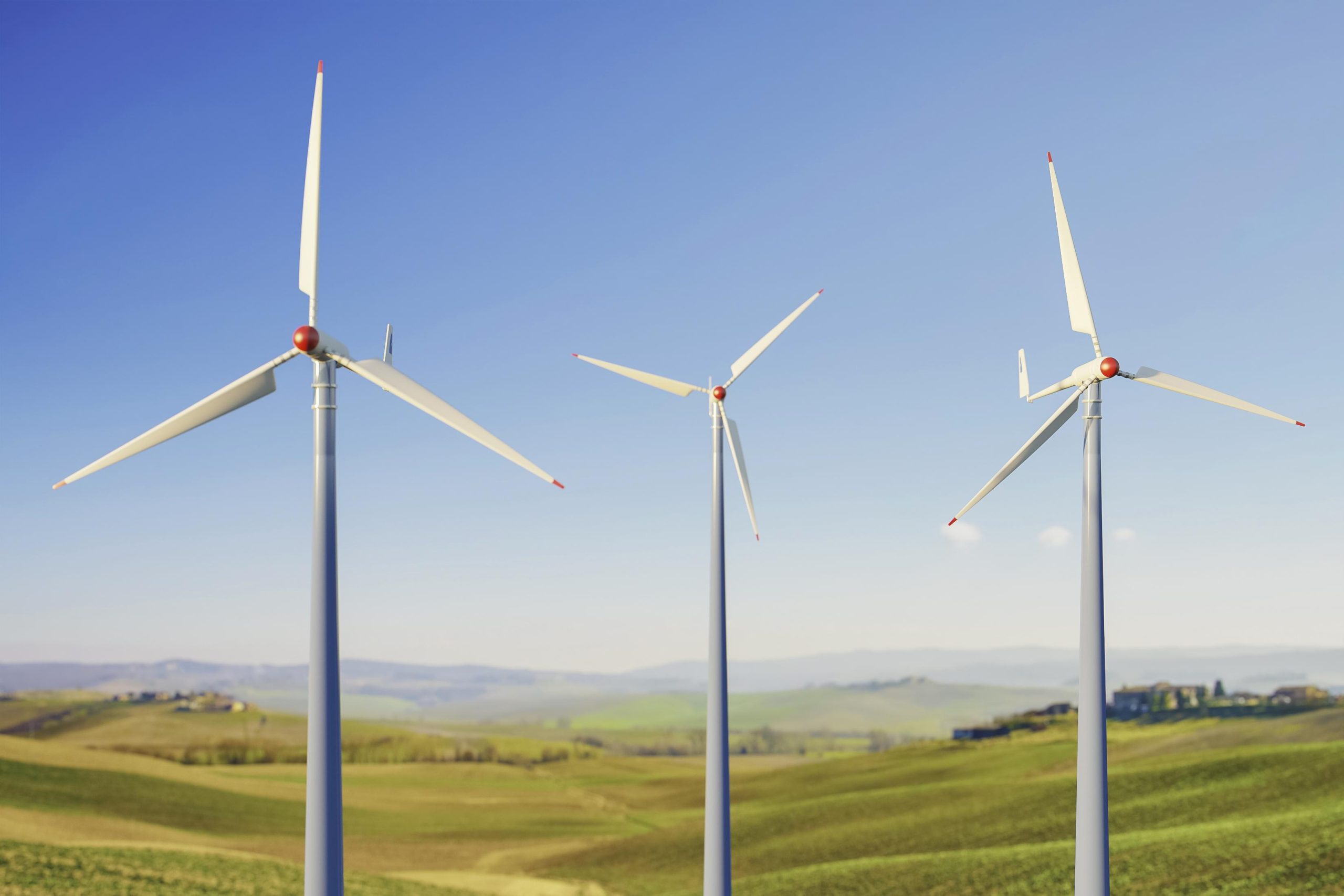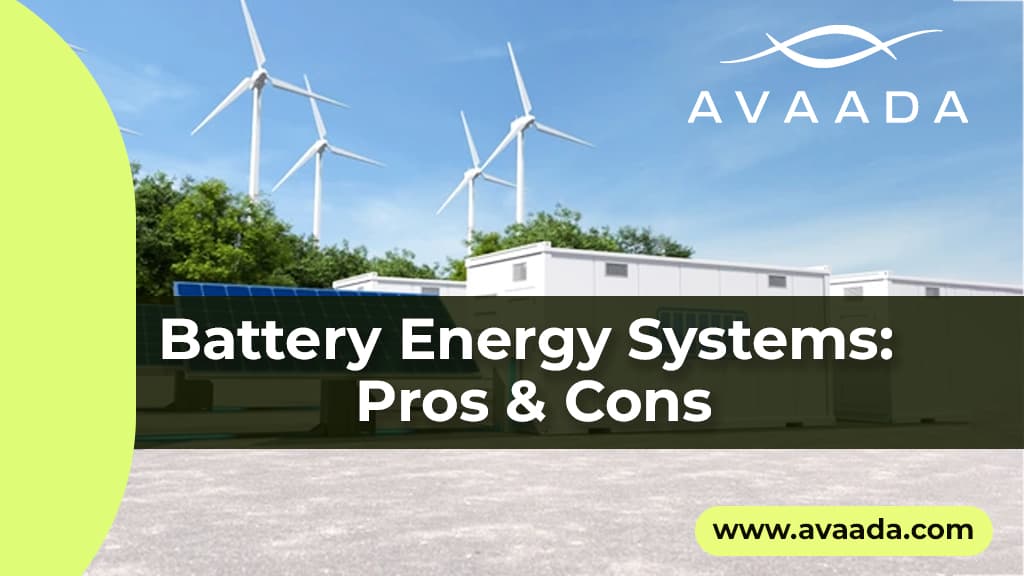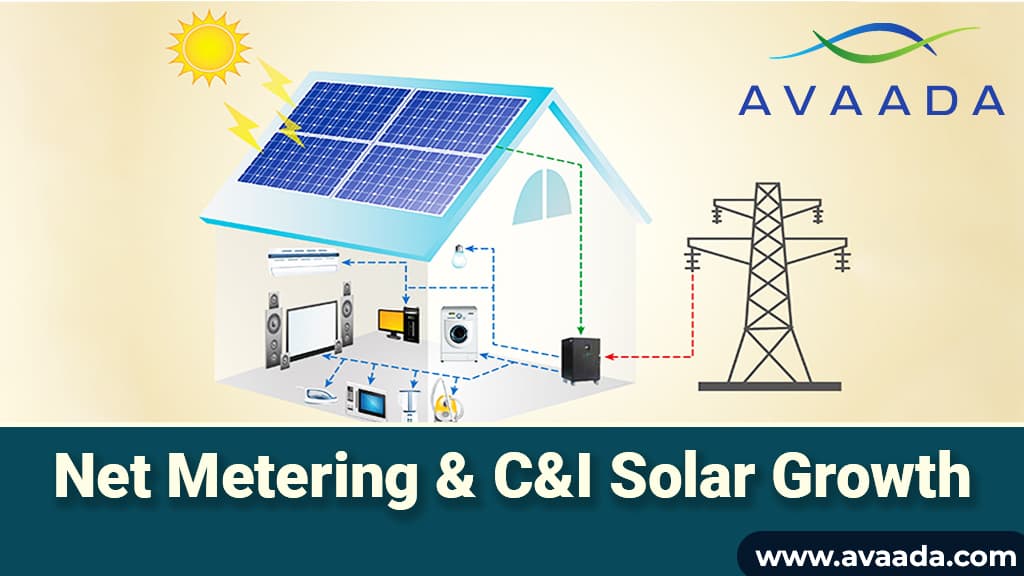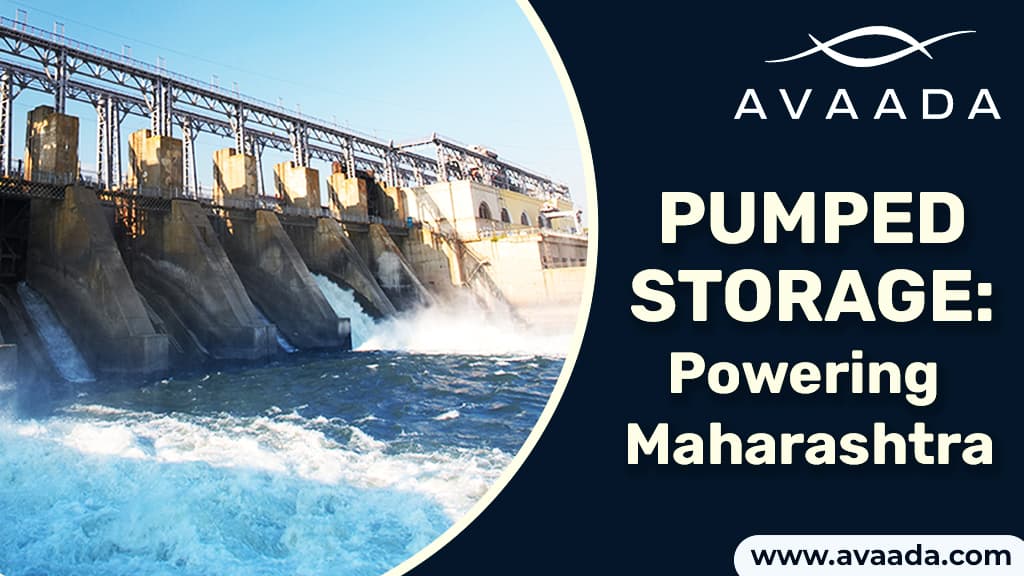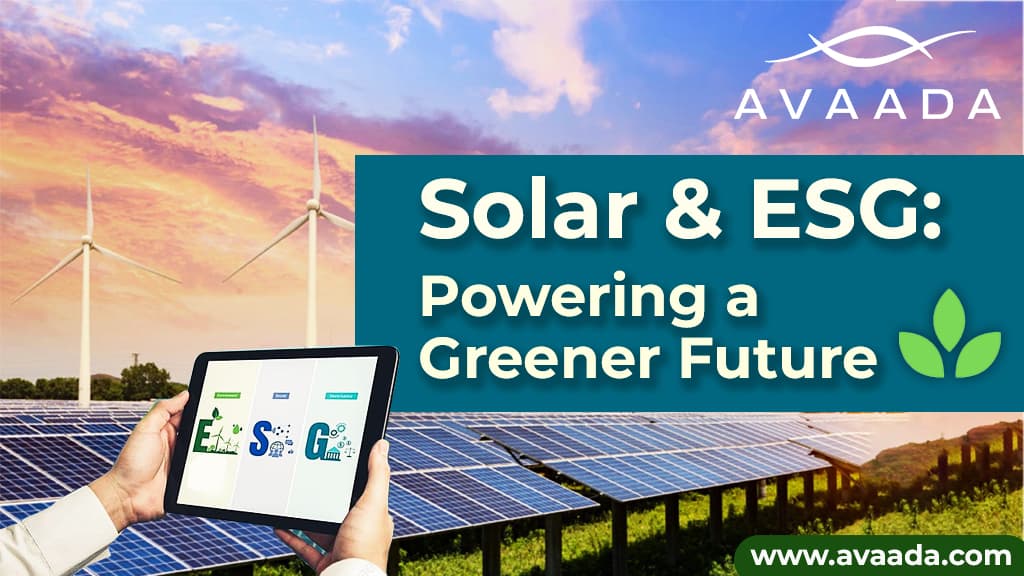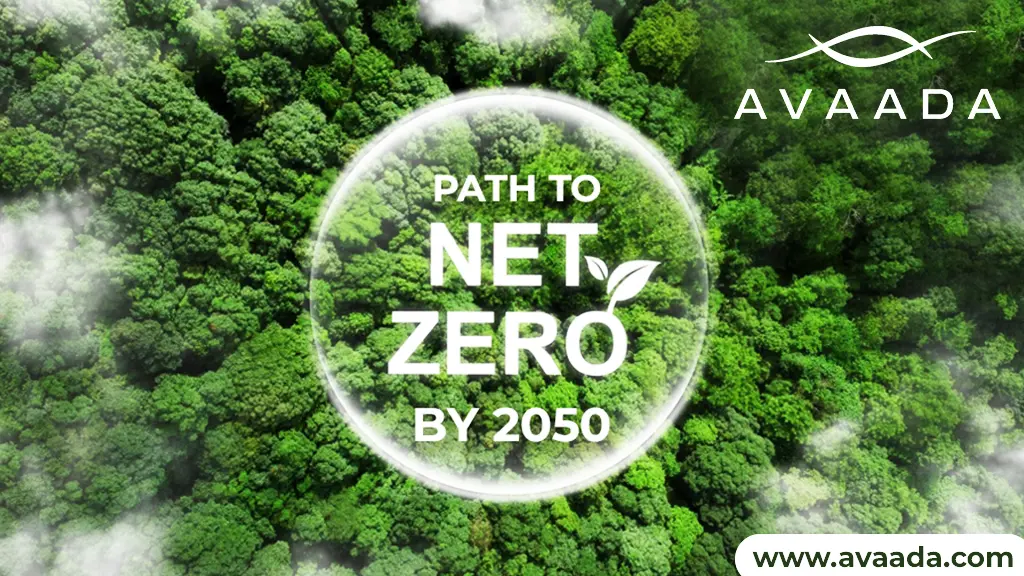In the contemporary era, the emphasis on sustainable and eco-friendly energy solutions has never been higher. Among the plethora of renewable energy sources, the advantages of wind energy have stood out prominently. This article aims to shed light on the multifaceted benefits and advantages that wind energy offers, emphasizing its significance in the current era.
1. Environmental Benefits of Wind Energy
The environmental benefits of wind energy are profound and multifaceted. Unlike traditional fossil fuels, wind energy doesn’t emit harmful pollutants or greenhouse gases. This means that every kilowatt-hour of electricity generated from wind power contributes to a cleaner and healthier environment. The advantages of using wind energy are not just limited to reduced emissions. Wind energy also plays a pivotal role in combating the detrimental effects of climate change, making it an indispensable tool in the global effort to create a sustainable future.
Moreover, the advantages of wind energy conversion systems extend beyond just reducing carbon footprints. Wind energy also helps in preserving natural habitats and reducing the need for environmentally damaging energy extraction processes. By transitioning to wind energy, we can ensure a greener and more sustainable planet for future generations.
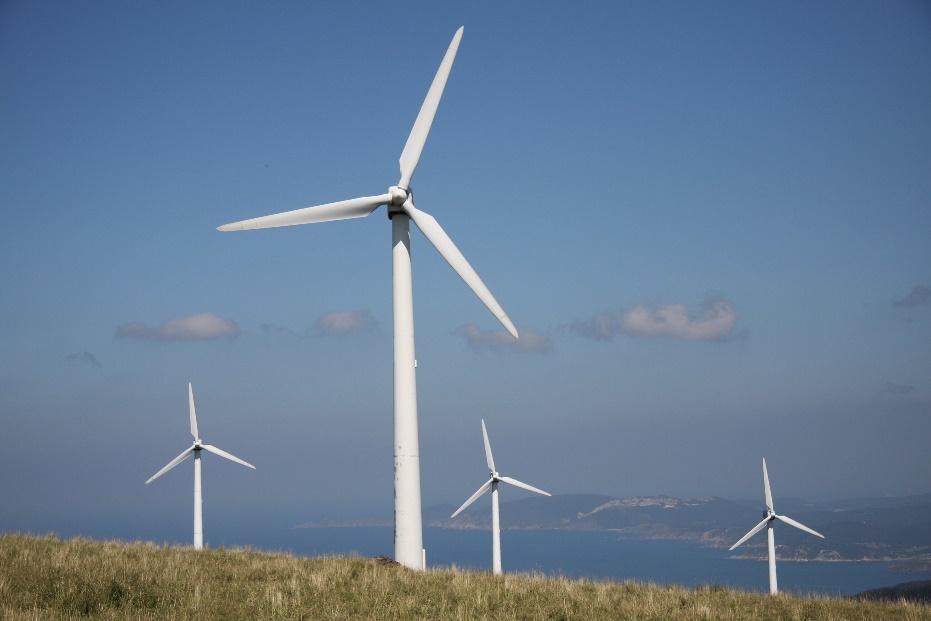
2. Cost-Effective Energy Source
When discussing the advantages of wind power, its cost-effectiveness cannot be overlooked. Over the past few decades, technological advancements have significantly reduced the costs associated with wind energy production. Once the initial investment for wind turbines is covered, the ongoing maintenance costs are relatively low. This translates to cheaper electricity bills and substantial long-term savings.
Furthermore, the benefits of wind energy also encompass its economic predictability. Unlike oil and gas, wind is free, making it immune to volatile market fluctuations. This economic stability is one of the many advantages of using wind energy, ensuring consumers and businesses alike can benefit from consistent and affordable energy prices.
Also Read: Advantages And Importance Of Renewable Energy
3. Renewable and Sustainable
Wind energy’s renewable nature is one of its most compelling benefits of wind energy. The wind is an inexhaustible resource, ensuring that wind energy remains a sustainable power source for the foreseeable future. This contrasts sharply with fossil fuels, which are finite and depleting rapidly.
Additionally, the advantages of wind energy system lie in its ability to provide a consistent energy output. While wind speeds may vary, advanced forecasting techniques and grid integration ensure that wind energy remains a reliable power source. The advantages of wind power generation in terms of sustainability and reliability make it a cornerstone in the global renewable energy landscape.
4. Job Creation and Economic Benefits
The wind energy sector’s growth has led to significant job creation across various domains, from manufacturing and installation to maintenance and research. The advantages of using wind power are not just environmental but also socio-economic. By investing in wind energy, nations can bolster their economies, create jobs, and foster technological innovation.
Moreover, the benefits of using wind energy extend to local communities. Wind farms often lead to infrastructural development in rural areas, providing locals with improved amenities and opportunities. The advantages of wind power in terms of job creation and economic upliftment are undeniable, making it a win-win solution for both the environment and the economy.
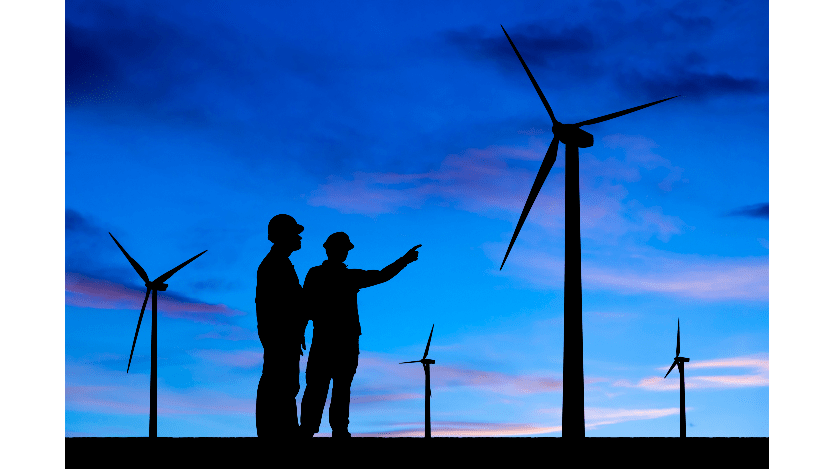
5. Diversification of Energy Sources
Diversifying the energy mix is crucial for energy security. The advantages of wind energy play a pivotal role in this diversification, reducing dependence on imported fuels and ensuring a stable energy supply. By integrating wind energy into the energy mix, nations can mitigate the risks associated with over-reliance on a single energy source.
Furthermore, the advantages of wind power generation also include its ability to complement other renewable sources. For instance, during periods when solar power systems might be low, wind energy company can compensate, ensuring a consistent energy output. This synergy between different renewable sources amplifies the benefits of wind power, making it an integral part of a diversified energy strategy.
Also Read: Exploring the Wind-Powered Revolution: A Sustainable Future Unleashed
6. Scalability and Flexibility
One of the most notable advantages of wind energy system is its scalability. Whether it’s a small wind turbine catering to a single home or a vast wind farm powering an entire city, wind energy solutions can be tailored to fit specific needs. This flexibility ensures that both urban and rural areas can harness the benefits of wind energy effectively.
Moreover, the modular nature of wind turbines allows for easy expansion. As energy needs grow, additional turbines can be integrated seamlessly into existing wind farms. This scalability is one of the many advantages of using wind power, ensuring that it remains a viable energy solution as demands evolve.
7. Reduced Water Usage
In an era where water scarcity is a growing concern, the advantages of wind energy in terms of water conservation are paramount. Unlike conventional power plants, which require vast amounts of water for cooling, wind turbines operate without water. This significant reduction in water usage underscores the benefits of using wind energy, especially in arid regions where water resources are limited.
Furthermore, by reducing the strain on freshwater resources, wind energy also helps in preserving aquatic ecosystems. The advantages of wind power in terms of water conservation make it an environmentally responsible and sustainable energy choice.
8. Land Preservation
While wind farms require land, the actual footprint of individual turbines is minimal. This ensures that vast tracts of land remain undisturbed, available for agriculture or natural habitats. The advantages of using wind energy also include its ability to coexist harmoniously with other land uses.
Moreover, types of wind turbines can be integrated into agricultural lands without hindering farming activities. This dual-use approach amplifies the benefits of wind power, ensuring that land resources are utilized optimally without compromising on energy production.
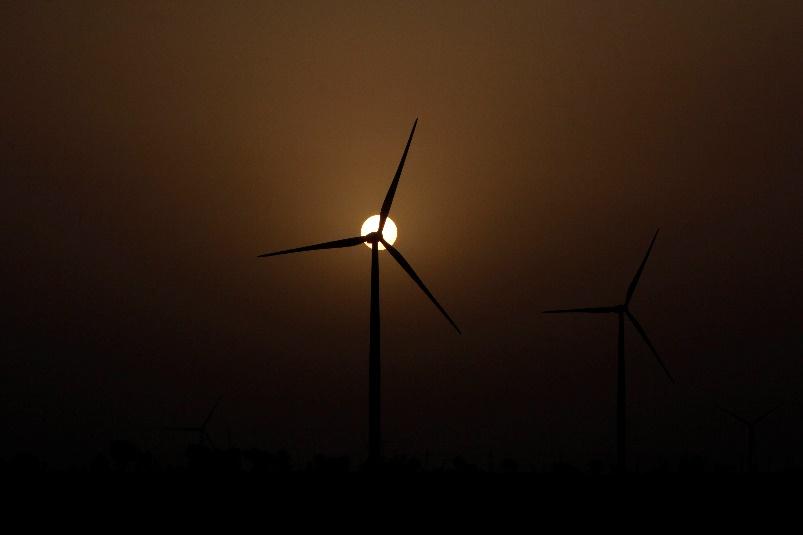
9. Technological Advancements
The realm of wind energy is continuously evolving, with technological advancements enhancing the efficiency and effectiveness of wind turbines. These innovations not only increase energy output but also reduce costs, making wind energy even more accessible. The advantages of wind energy conversion system are continually expanding, thanks to relentless research and development efforts.
Furthermore, these technological strides also lead to more sustainable and eco-friendly wind energy solutions. From advanced blade designs to sophisticated energy storage systems, the benefits of wind energy are set to grow exponentially in the coming years.
10. Energy Storage Potential
Modern wind energy systems are equipped with advanced energy storage solutions. These systems store excess energy produced during peak wind periods, ensuring a consistent energy supply even during lulls. This storage capability is among the many advantages of using wind energy, guaranteeing a stable and uninterrupted power supply.
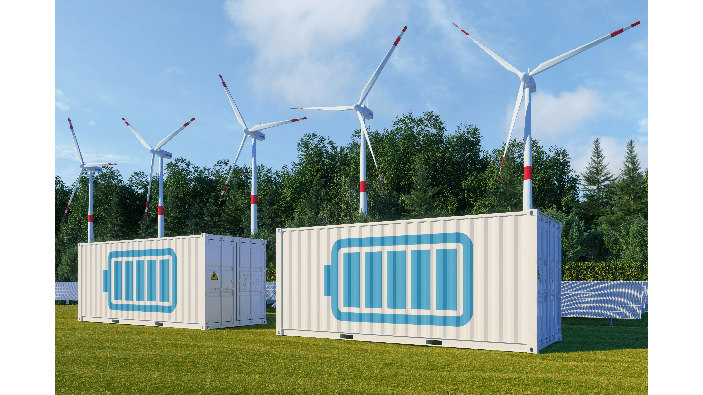
Additionally, with the advent of cutting-edge battery technologies, the advantages of wind power generation in terms of storage are set to increase. This ensures that wind energy remains a reliable and consistent power source, further solidifying its position in the global energy landscape.
In summation, the advantages of wind energy are vast, encompassing environmental, economic, and social benefits. As the world gravitates towards sustainable energy solutions, the benefits of wind energy and the advantages of wind power will undoubtedly play a pivotal role in shaping a greener and more prosperous future.

